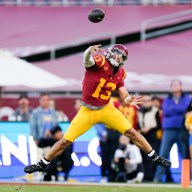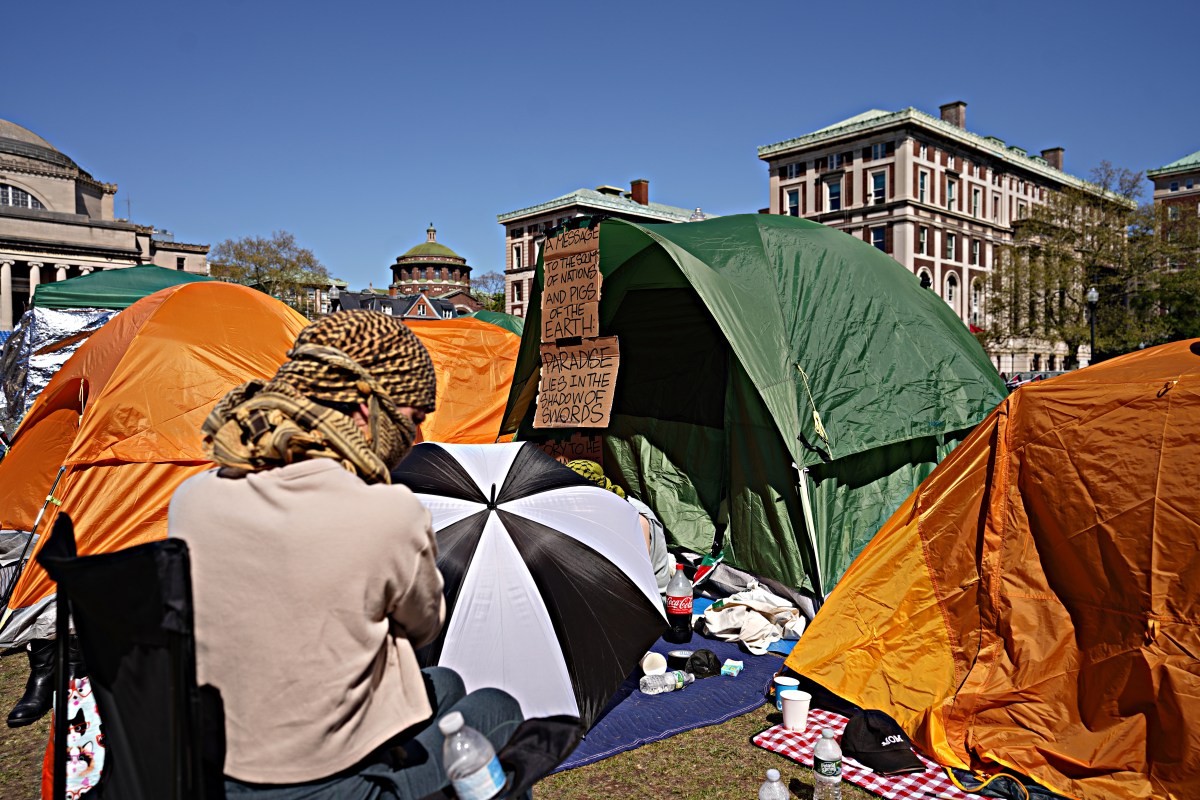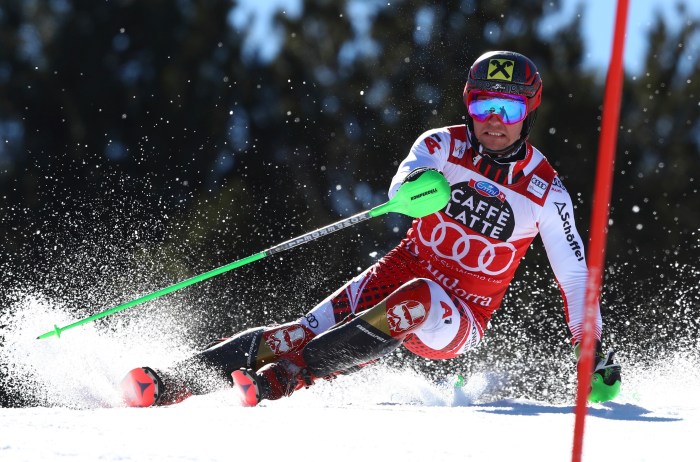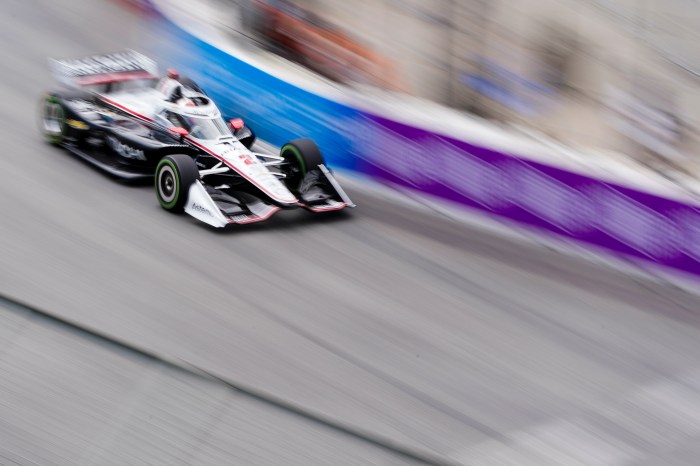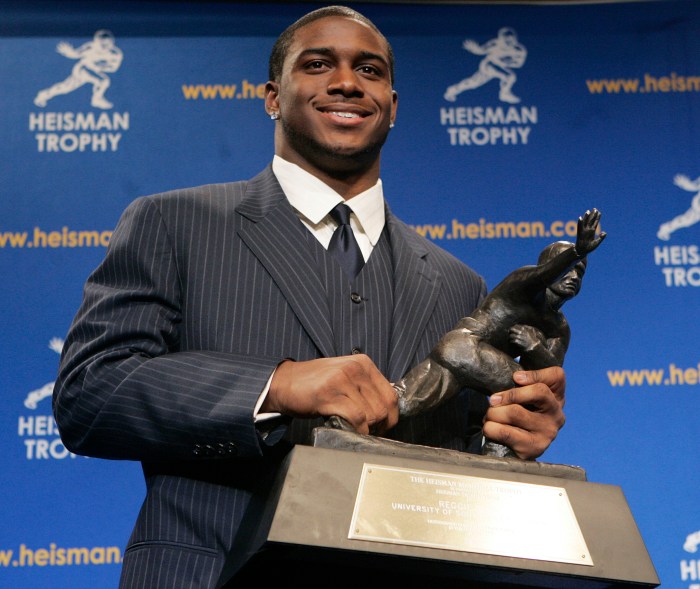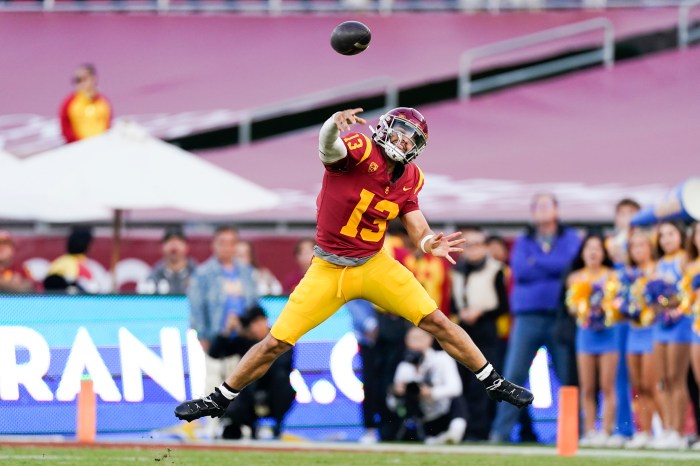By Jack Tarrant
PYEONGCHANG, South Korea (Reuters) – The United States got their lowest Winter Olympic medals haul in 20 years at the Pyeongchang Games but things could have been even worse without the snowboarders and freestyle skiers.
The extreme sports contributed around half the medals won by the Americans — five of the nine golds and 11 of the total tally of 23.
“It has been a crazy ride and I am super proud of everybody,” said Mike Jankowski, head coach of the U.S. Ski and Snowboard team.
“It is an honor to be a part of these athletes and the staff that put their heart and soul into making the athletes the best.”
The U.S. have been top dogs in snowboarding since the sport’s introduction to the Olympics in 1998 but this time around the importance of the extreme sports to the overall medal total was more noticeable than ever.
With the addition of big air snowboarding to the Olympic program in Pyeongchang, the U.S. team were always likely to benefit and so it proved as they took home two silver medals from that event.
“It has been amazing to have this level of success. It is never easy, in fact it gets more and more difficult every Olympic cycle,” Jankowski told Reuters outside Phoenix Snow Park, the venue where the golds were won.
“We have got more nations putting in a ton of funding, a ton of effort into being the best in the world and so it just makes it that much more difficult for us.
“As a coach, as competitors and as a team, we love the grind, we love the journey and to be on top feels great.”
The first U.S. medal of the Games went to 17-year-old Red Gerard, who claimed gold in the men’s snowboard slopestyle on Feb. 11.
With established stars and multi-gold medalists such as Shaun White, Jamie Anderson and David Wise being joined by teenagers such as Gerard and Chloe Kim, the U.S. team have been a leading force on the slopes here, alongside Canada.
White and Kim won half-pipe golds, Anderson won the women’s slopestyle and Wise took the ski half-pipe honors.
Unlike many nations who have competed against them in Pyeongchang, the United States Olympic Committee (USOC) and the programs they support receive no financial assistance from the country’s administration.
The U.S. Ski and Snowboard program relies on donations and sponsorship for 100 percent of its funding and Jankowski hopes success in Pyeongchang will lead to financial benefits down the line.
“U.S. Ski and Snowboard is so lucky to have a community of donors, fans of the sport, corporate partners who are able to lend their finances to us, in order to get done what we need to get done,” he said.
“I think the way we repay everyone is through medals and through success and so to be able to be successful here is something that we obviously strive for all the time.
“We hope that it translates into more fans and into our community, our donor base becoming stronger and hopefully giving us more capability for us to do what we do out there.”
Jankowski, who has been part of the U.S. coaching set-up since 2006, was keen to point out that the U.S. has traditionally fared better at Olympics held in North America, with the team’s best ever performances at a Winter Games coming in Vancouver and Salt Lake City.
The only time the United States have topped the Winter Olympics medal table was when they hosted the Games at Lake Placid in 1932.
(Editing by Clare Fallon)




